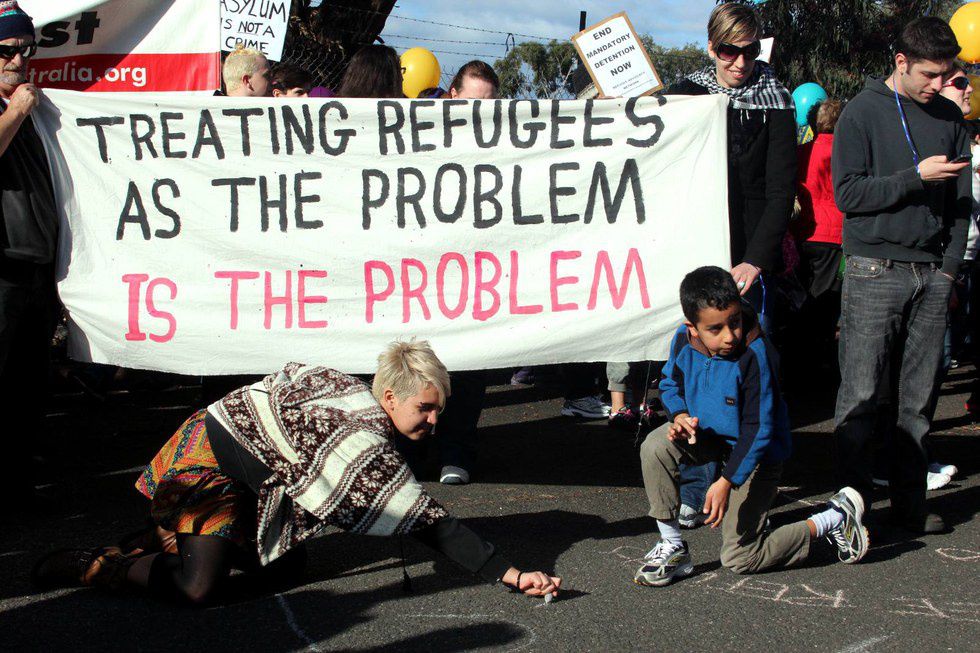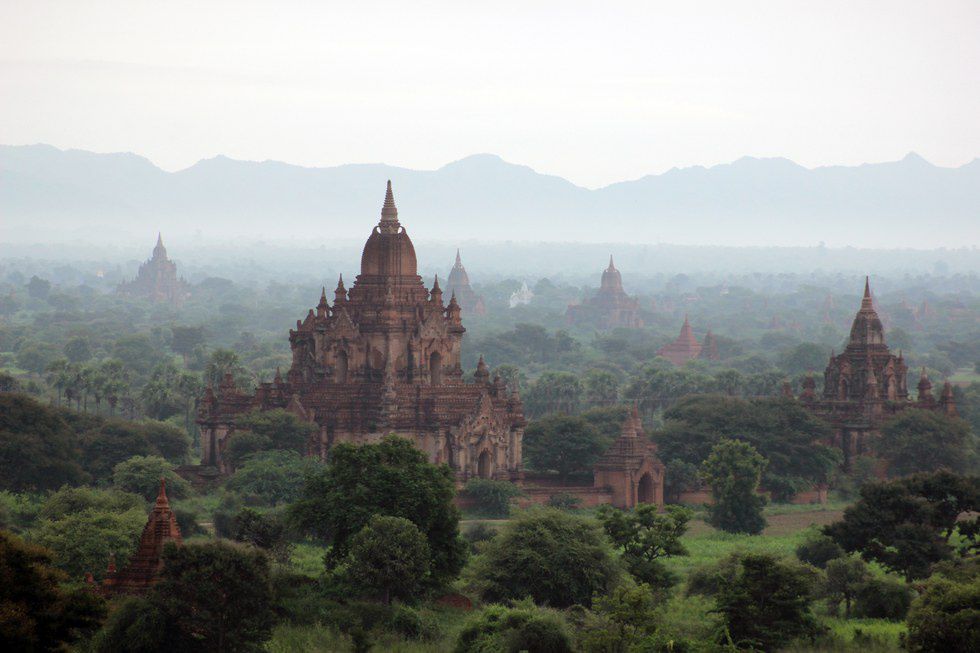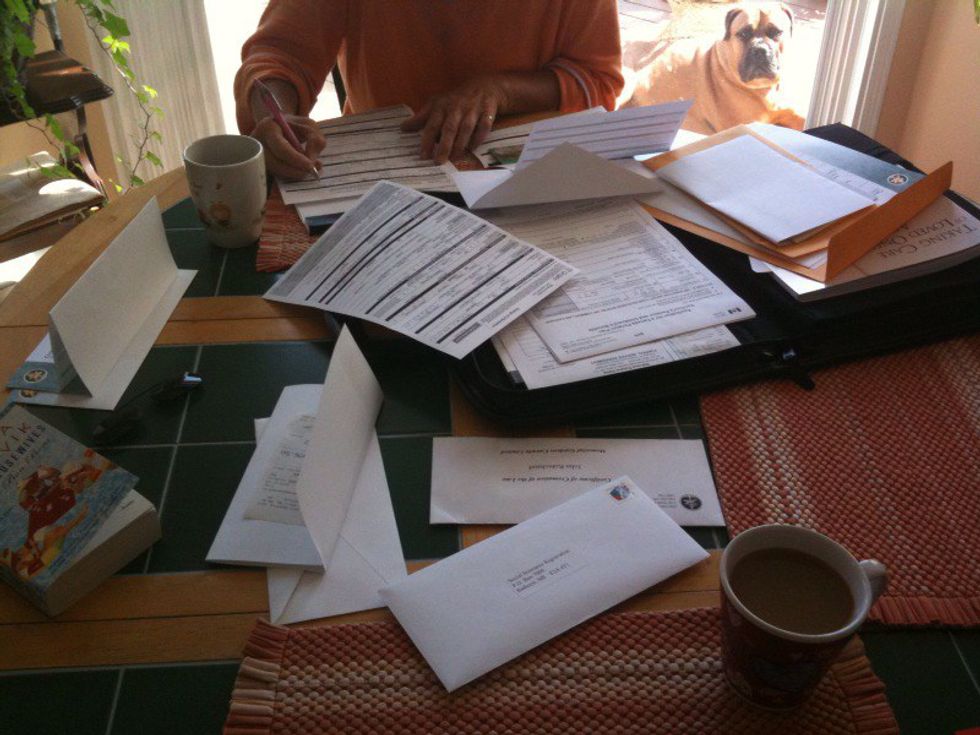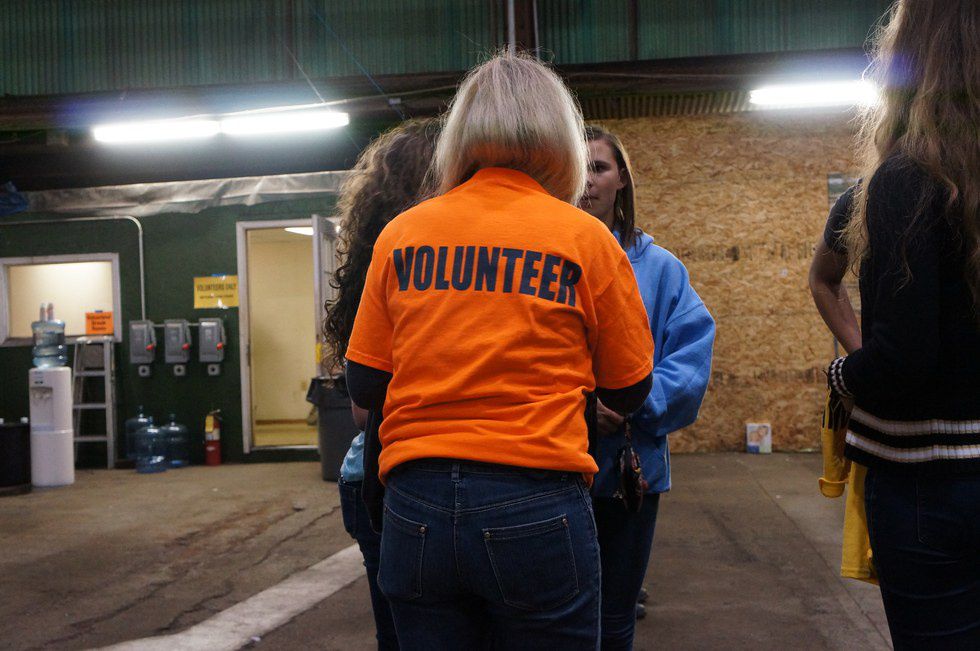Buffalo is a diverse community of cultures and ethnicities...
You may not know it, but Buffalo's foreign-born population has been on the rise for many years, and is continuing to grow through 2015. Erie county alone is home to 1/3 of the refugees who come to NYS. In the last 12 years Erie county has resettles close to 10,000 refugees alone, with 2,985 people obtaining permanent residence in the county in just the year 2012. Between 2010 and 2014 there were 6,294 refugeeswho settled in Erie county. In 2000, Buffalo ranked last in major cities with highest immigrant populations, indicating that this influx of immigrants and refugees is quite recent. Today almost every 1 in 20 people in Buffalo are foreign born (including myself).
With all of this change, there is bound to also be confusion. Immigration is not an easy situation, and understanding it isn't either. Here are the basic "101" facts and stats about immigration in both Buffalo and the United States as a whole:
What Does It Mean To Be An Immigrant/Refugee/Asylum Seeker?
An immigrant is someone who chooses to come to a foreign country to live permanently. If someone comes to a country without the proper documentation/permission they are referred to as undocumented/illegal immigrants.
An asylum seeker is someone who comes to a foreign country who has applied for asylum (protection) due to the fear that if they return to or stay in their home country they will be persecuted or killed. They have to prove that their claim is true, and that they are indeed facing harm if they return.
A refugee is someone who has fled their country because if they returned they would face serious harm. This person has a documented or "well-founded" fear. Often, they have already been granted asylum as well, although they did not apply as would an actual "asylum seeker."
During the time between 2003 and 2013, here were the top five countries where refugees came from: (keep in mind there are dozens more...)
Where Are Our New Neighbors From?
Burma (11,362 people), Bhutan (5,741), Somali (3,664), Iraq (2,614), and Liberia (1,533).
Have you heard of any of these countries? Do you know what is going on politically, economically, or socially? If we took the opportunity to educate ourselves of these things, we would probably be able to better understand WHY so many people left these places to come to the USA.
How Does Someone Come to America?
Firstly: It is NOT EASY. There are so many hoops and struggles that both immigrants and refugees face when trying to enter and stay in the USA. One big issue is that most of the time, if you are fleeing for your life you don't have time to gather up documents that prove your identity or situation. You also don't have time to empty your bank account (especially if you are trying to avoid being jailed or murdered). You have to file many papers and go through a process that can take YEARS. Sometimes people must wait in detention centers and other harsh facilities while the US government processes their petitions.
And the paperwork isn't always the hardest part. Most families are broken up when one member is forced to leave the country. Often times it is impossible to bring your entire family with you when you flee (because plane tickets are not cheap and large numbers can raise suspicion). You are alone in a new place without your friends or you family, and probably without a support system.
Also, you're in a foreign country where you don't know the language, and you probably don't have contacts (a place to stay or a job). Not to mention the fact that discrimination and confusion are very likely in these circumstances.
Lastly: Immigrants and Refugees are often very educated people. In 2012, of all the foreign born population in the USA, over 70% had at least a high school diploma. 30 percent had a Bachelors Degree or higher. Plus, bilingualism is much more common in this population. Just because someone can't communicate well in English does not mean that they aren't very well educated in other things.
Paperwork is a large part of the refugee process. This is difficult even if you speak English, and very difficult if you do not.How Can I Help?
Volunteer at local organization. Catholic Charities, Vive La Casa, The International Institute, Jewish Family Services, and Journey's End all need volunteers to help resettle refugees, teach ESL classes, help out with paperwork, etc. You can work with children, adults, or by yourself. As for other places to volunteer, the possibilities are truly endless.
Be informed. Advocate to your representatives. Donate clothes or food. Keep an open mind. Remember that refugees suffer psychological (as well as physical) trauma that isn't always easy to see on the surface.
Think about this:
“No one puts their children in a boat unless the water is safer than the land.” - Warsaw Shire (popularized by Benedict Cumberbatch) PS: If you have yet to read the entire poem, do so immediately.
And

























